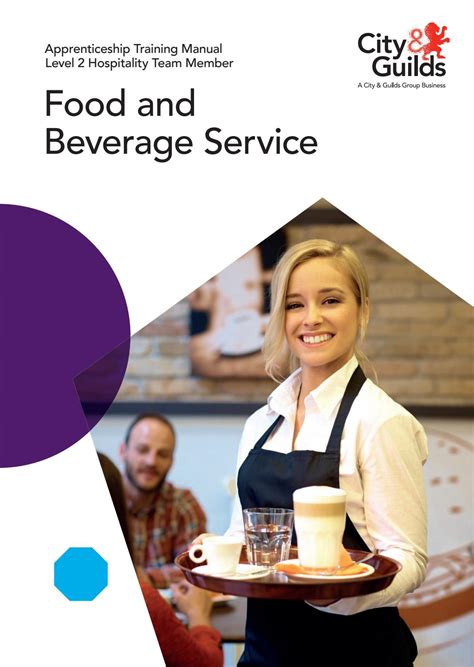The Complete Guide to Training for Food and Beverage Service
The food and beverage (F&B) industry thrives on exceptional service. Creating a truly memorable dining experience hinges on well-trained staff who understand the nuances of guest satisfaction. This comprehensive guide provides a structured approach to training your F&B team, ensuring they deliver top-notch service consistently.
I. Establishing a Strong Foundation: Pre-Service Training
Before your team interacts with customers, foundational training is crucial. This phase lays the groundwork for success:
-
Company Culture & Values: Begin by instilling your company's mission, vision, and values. This helps create a unified team with a shared understanding of service expectations. Emphasize the importance of teamwork and guest satisfaction.
-
Health & Safety Regulations: Thorough training on food safety, hygiene, and workplace safety is paramount. This includes proper handwashing techniques, food handling procedures, and accident prevention. Compliance with all relevant health codes is non-negotiable.
-
Point of Sale (POS) System Training: Familiarize your staff with the POS system. This encompasses ordering, payment processing, handling discounts and promotions, and resolving common POS issues. Hands-on training with simulated scenarios is highly effective.
-
Menu Knowledge: This isn't just rote memorization. Focus on understanding ingredients, preparation methods, and potential allergens. Encourage staff to taste and describe dishes, enhancing their ability to recommend items to guests.
II. Mastering the Art of Service: On-the-Job Training
This phase combines theoretical knowledge with practical application.
-
Table Etiquette & Service Standards: Cover table setting, proper serving techniques (e.g., presenting dishes, pouring drinks), handling silverware, and clearing tables efficiently. Role-playing scenarios can simulate real-life situations.
-
Guest Interaction Skills: Train staff in effective communication, active listening, handling complaints professionally, and anticipating guest needs. Emphasize the importance of building rapport and creating a welcoming atmosphere.
-
Handling Different Guest Types: Prepare your team to handle various personalities and situations, from demanding guests to those with special needs. Scenario-based training focusing on de-escalation techniques is highly valuable.
-
Teamwork & Communication: Effective teamwork is essential. Training should emphasize clear communication among servers, bartenders, and kitchen staff to ensure smooth and efficient service.
III. Ongoing Development & Continuous Improvement
Training isn't a one-time event. Ongoing development is key to maintaining high standards:
-
Regular Feedback & Performance Reviews: Provide regular feedback and conduct performance reviews. This allows for identifying areas for improvement and celebrating successes.
-
Product Knowledge Updates: Keep your team updated on new menu items, specials, and promotions. Regular tasting sessions can enhance their knowledge and confidence.
-
Advanced Service Techniques: Introduce advanced service skills such as wine pairing, cocktail preparation, or specialized coffee service, depending on your establishment's offerings.
-
Cross-Training: Encourage cross-training to enable staff to handle various roles, increasing flexibility and resilience within the team.
IV. Measuring Success & Tracking Progress
Implement a system to track the effectiveness of your training program:
-
Customer Feedback Surveys: Gather feedback to identify areas of strength and weakness.
-
Mystery Shoppers: Utilize mystery shoppers to assess service quality objectively.
-
Performance Metrics: Track key performance indicators (KPIs) such as customer satisfaction scores, average order value, and staff turnover.
By implementing a comprehensive training program that incorporates these elements, you can equip your F&B team with the skills and knowledge needed to deliver exceptional service, leading to increased customer satisfaction, positive reviews, and ultimately, business success. Remember that continuous improvement and ongoing training are essential for long-term success in the competitive F&B industry.
